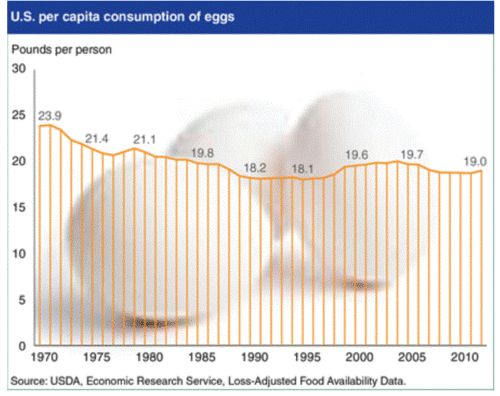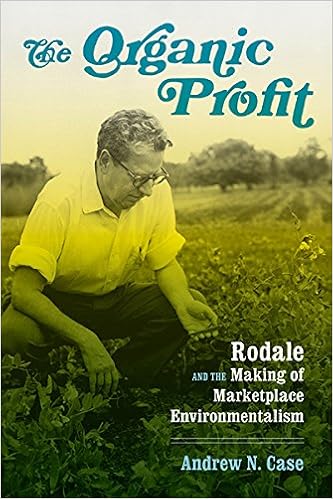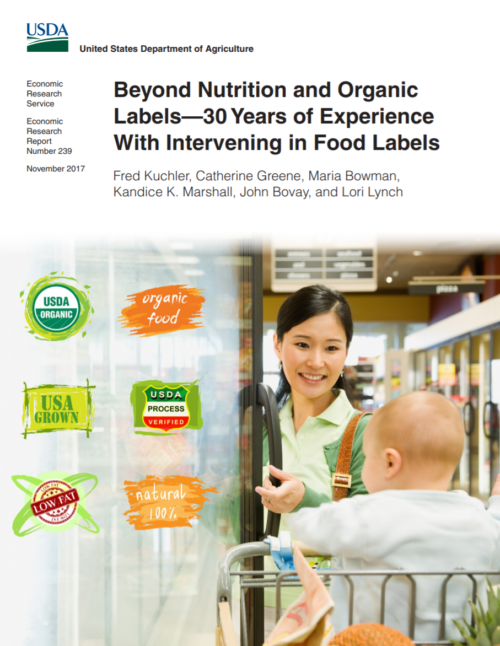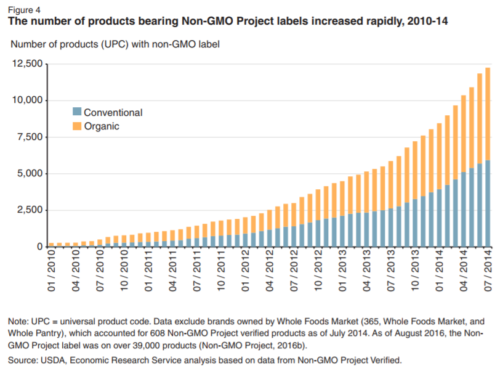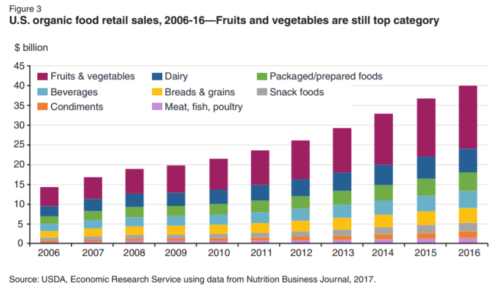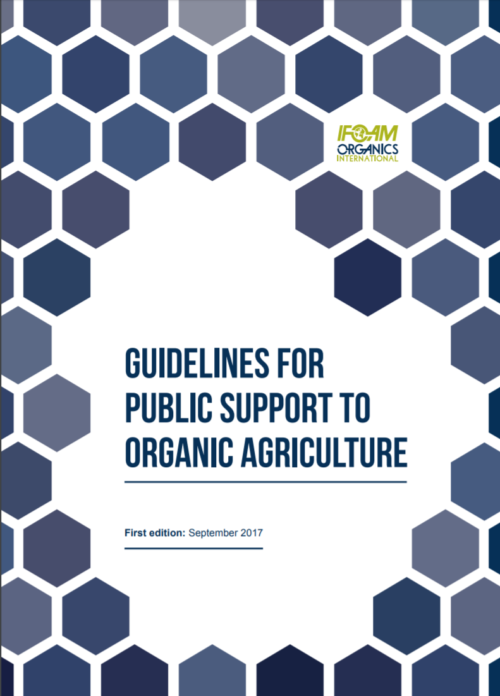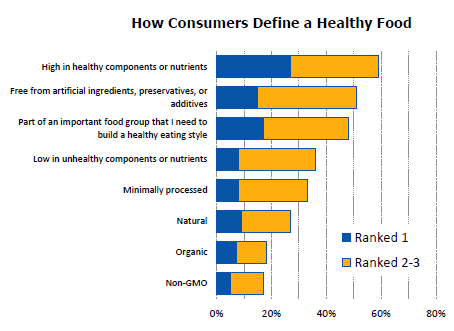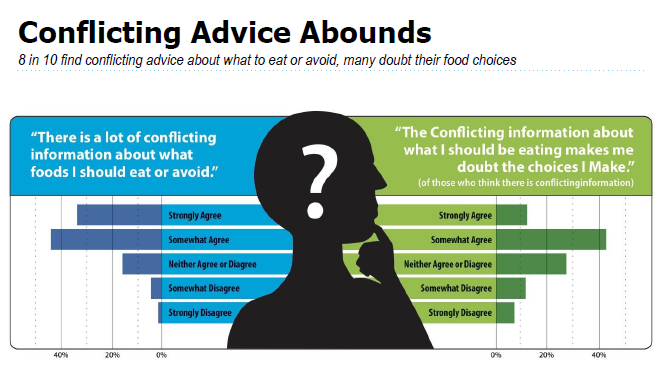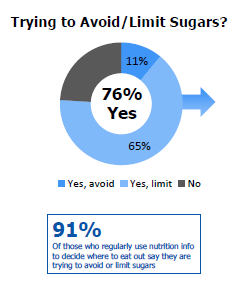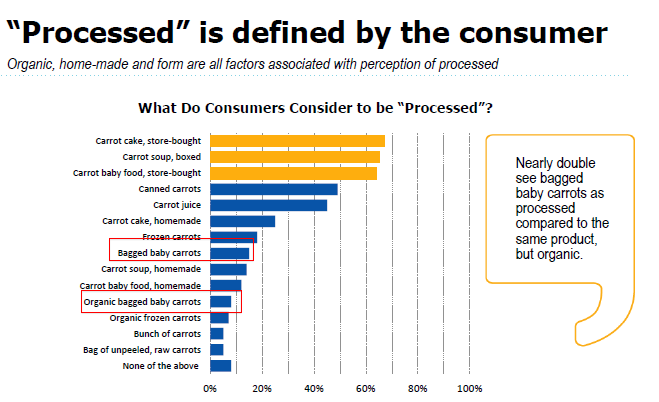Weekend reading: Elliot Coleman’s New Organic Grower
Elliot Coleman. The New Organic Grower: A Master’s Manual of Tools and Techniques for the Home and Market Gardener. 30th Anniversary Edition. Chelsea Green, 2018.
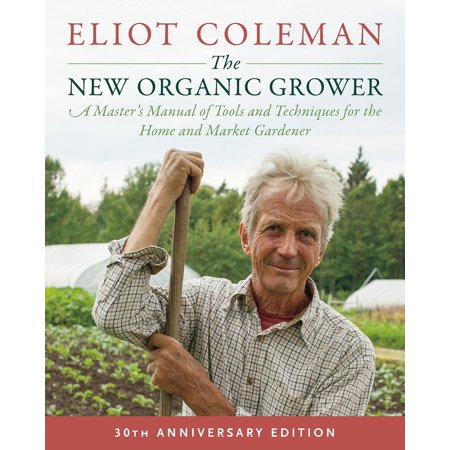
The first edition of this book came out in 1989 and it has been an essential tool for organic farmers and home gardeneres ever since. Coleman’s goal is to make everyone want to farm organically.
“Small farms,” he begins, “are where agricultural advances are nurtured.” And, he says, “I write only about those things I know.”
Fortunately, he knows a lot. He knows about soil fertility, pests, weeds, crop rotations, agricultural craftsmanship, land, labor, marketing, and the economics of all of this.
His philosophy? A pleasure to read.
Humans cannot imagine a world where they are not in charge. As a biological farmer, I work in partnership with Nature, and I’m a very junior partner. Given the limited amount of hard knowledge available, I often refer to my management style as “competent ignorance,” and I find that a very apt description. But my level of trust in the design of the natural world and willingness to be guided by it is discomforting to those who think we should exercise total power over Nature…The reality of today’s world is that the practical success of the many farms managed on biological lines coexists with the striking lack of interest (antagonism actually) from scientific agriculture in exploring why these farms succeed. The foundation upon which our Maine farm operates—a sense that the systems of the natural world offer elegantly designed patterns worth following—appears to be an indecipherable foreign language to most of agricultural science.

